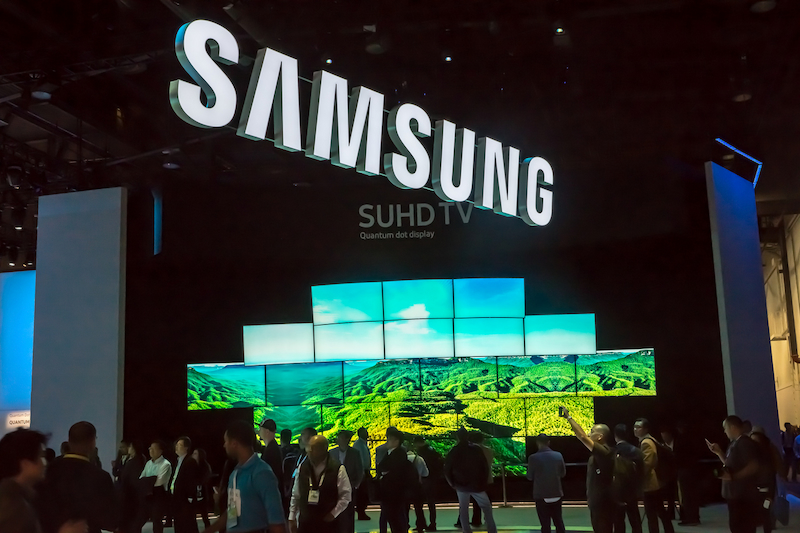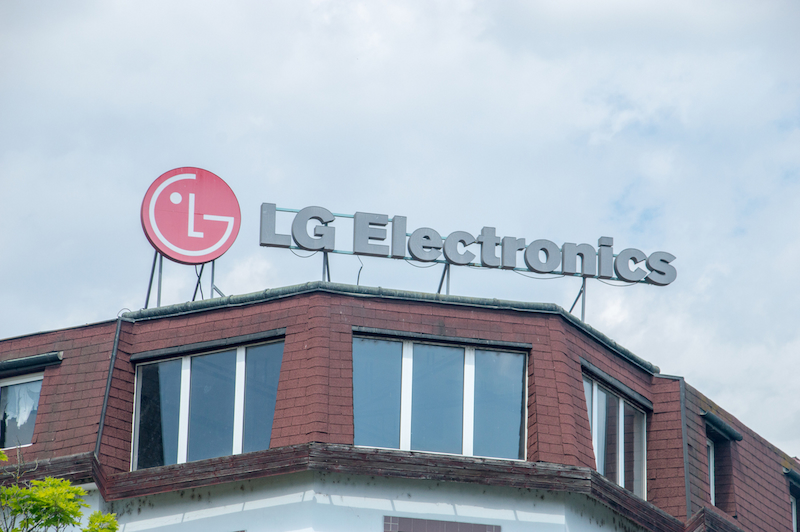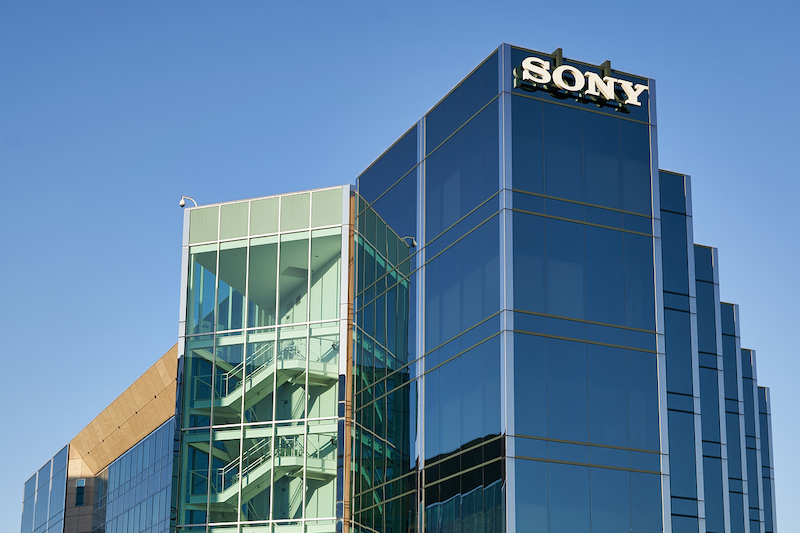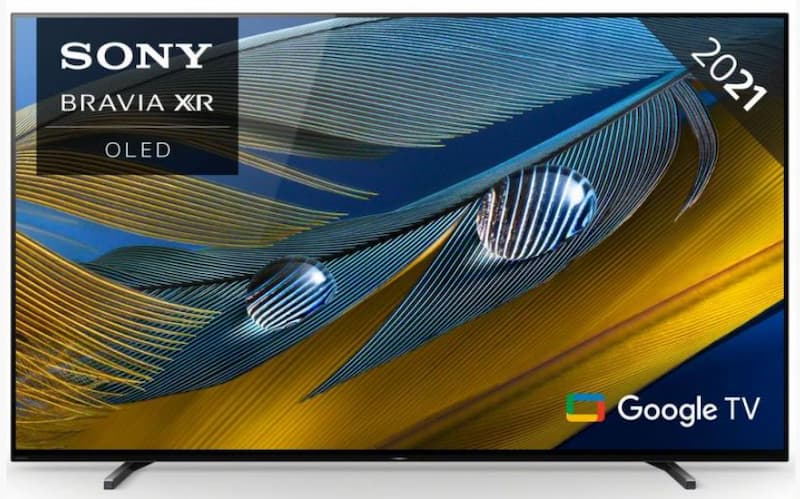Every big corporation is assessing what they can do to improve their waste, product manufacturing and general procedures to reduce their carbon footprint. Large companies with a gross income of £36 million or more, assets of £18 million or more and over 250 employees must report their energy use, and as the world turns to look for a greener future, most companies are being held to account for their energy and waste.
Consumers are also considering what they buy and the ethical standpoint of the company that produces an item. So when it comes to an industry that sells over 214 million devices a year, how environmentally considerate are TV manufacturers?
Samsung Electronics
Having early beginnings within the electronic device sector, Samsung is possibly one of the largest companies and was the first to introduce a fully HD LED TV.

As global corporate citizens, they take pride in ensuring they lead the way with sustainability and have outlined their actions to do so:
- Reduce the amount of greenhouse gases produced from their facilities and worksites.
- Expand energy management throughout their worksites.
- Develop products, even cheap LED TVs, to ensure they use less energy.
- Reduce the greenhouse gases within their logistics, distribution and deliveries.
- Assess suppliers with their own emissions and reductions.
As a significant industry giant, Samsung has an extensive outline of their policies and plans to combat climate change at each stage, from developing a product to distribution. They are very aware of their impact on the planet and have taken great strides to ensure they reduce this to as low as possible.
LG Electronics
As another world leader in electronics, LG has fully comprehended the impact of convenience over sustainability on the planet. So whilst they too have made improvements to their chain of supply in regards to emissions, they have also set targets for being more environmentally friendly to the planet.

By 2030, they intend to have reduced their carbon emissions within their production phase by 50% from the figures reported in 2017. In addition, they also plan to become carbon neutral by expanding areas of the Clean Development Mechanism, a project that aims to reduce carbon emissions by helping developing countries.
They aim to be wholly transferred over to renewable energy by 2050, and within Korea, they aim to have fully transitioned to electric or hydrogen-fuelled cars by 2030.
Sony
Sony is a company that “takes inspiration from the world around us”, so as such, they aim to make a positive impact on the planet rather than damage it. The industry giant promises to become carbon neutral by 2030, with product development and schemes to help bring electricity to people worldwide using renewable energy.

For over ten years, Sony has been using recycled materials within their manufacturing process and aims to reduce their virgin plastic usage by 10% by 2025. Unfortunately, when recycled plastic was first introduced into their products, the sound quality was not the best. Still, with innovative developments, in 2016, they were able to produce products that provided high-quality sound and used fully recycled materials. So even with their cheap LED smart TVs, you can be sure that sony is still proving excellent products whilst being kinder to the planet.
How Are Companies Reducing their Packaging Waste?
There are many ways the industry minimises waste with its packaging. Many TV manufacturers are redesigning their packaging to ensure it is lighter and uses fewer materials. Reducing the weight of the packaging helps mitigate emissions when transported and can significantly reduce the greenhouse gases within the distribution of the products.
When you receive your new device, you may also notice that the box has much less colour and branding than in the past. This is because the likes of Sony have established that with less ink, they are using up fewer resources, meaning the energy for not only creating but distributing the resources is lower, creating fewer greenhouse gases and carbon emissions. The purchase of a new cheap TV may often come with excess packaging that cannot be processed at local recycling centres. Many large retail facilities offer to take any packaging materials from large appliances for correct disposal and recycling.

When it comes to buying a new TV, you can be sure that thought has gone into every inch of the design to ensure that it is environmentally friendly with the capabilities of each brand. We only supply from brands we trust, so take a look online at our products for your next TV.





